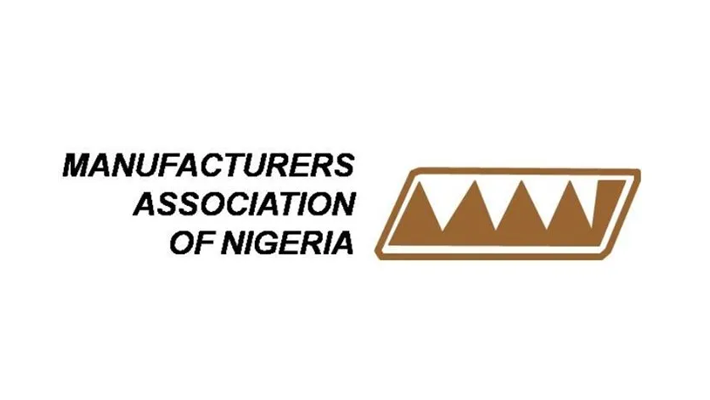A report of the latest survey carried out by the Manufacturers Association of Nigeria (MAN) has painted a grim picture of how the country’s manufacturing sector has been battling severe economic challenges since the first half of 2024.
In spite of the resilience in some sectors, the industry faces significant headwinds, including high operational costs, Foreign Exchange (Forex) challenge, declining consumer demand and rising inflation, among others.
The report revealed that the global economy has shown mixed results, with major economies avoiding a severe downturn. However, Nigeria’s economy continues to struggle, with sluggish real Gross Domestic Product (GDP) growth, increasing inflationary pressures and lingering policy uncertainty.
In Nigeria, capacity utilization in the manufacturing sector declined to 56.4 percent, while real manufacturing production value dropped by 1.66 percent year-on-year, just as the sector’s nominal output increased by 30.38 percent, driven mainly by rising domestic prices.
Indicating that local raw materials sourcing improved slightly to 56.03 percent, it showed that some sectors faced declines, while unsold inventory of finished products surged by 357.57 percent, reflecting declining consumer purchasing power.
Manufacturing investments rose by 29.63 percent, largely due to the depreciation of the naira as employment generation capacity continued to decline with only 2,606 jobs created in the first half of 2024.
The report, therefore, highlighted the urgent need for economic reforms to address these challenges. Key areas of focus include policy consistency, business environment improvement, and economic diversification.
It also underscored the importance of decisive economic reforms to reverse the current economic downturn, create jobs, reduce inflation, and improve the overall welfare of Nigerian citizens.
Read Also: Excitement builds as Monday Okpebholo prepares for historic swearing-In as 6th Edo State Governor
MAN pointed out the urgent need for Nigeria to implement decisive and coherent economic reforms, insisting that key areas of focus include enhancing policy consistency, improving the business environment, and fostering economic diversification.
The report emphasized the need for policymakers to address the challenges facing the manufacturing sector, noting: “The sector’s performance is a reflection of the broader economic challenges facing the country. We urge policymakers to implement reforms that promote economic stability, improve the business environment, and encourage investment.”
MAN’s findings and recommendations provide valuable insights for policymakers, stakeholders, and industry leaders. As Nigeria navigates through these turbulent times, the resilience of its policy framework and the effectiveness of its economic management will determine the path forward.
To address the challenges facing the manufacturing sector in Nigeria, the report recommended enhancing policy consistency and predictability; improving the business environment through infrastructure development and regulatory reforms; fostering economic diversification through investment in key sectors; addressing high operational costs and inflationary pressures and stimulating consumer demand through targeted interventions
The manufacturing body believes that Nigeria could reverse the current economic downturn, create jobs, reduce inflation and improve the overall welfare of the people if these reforms are implemented.






